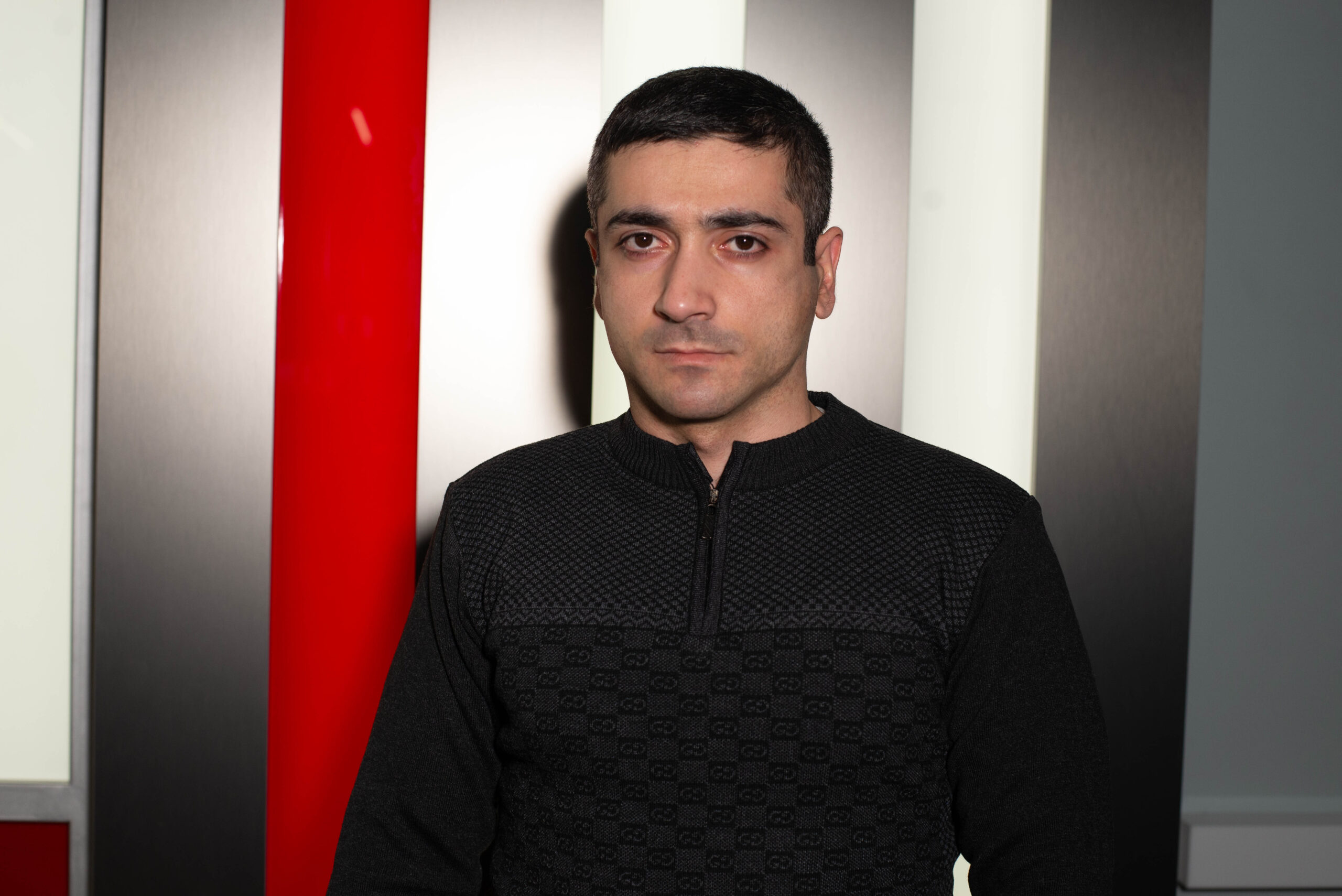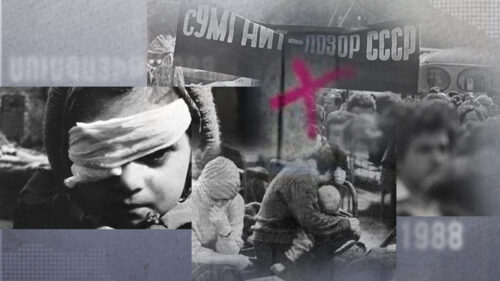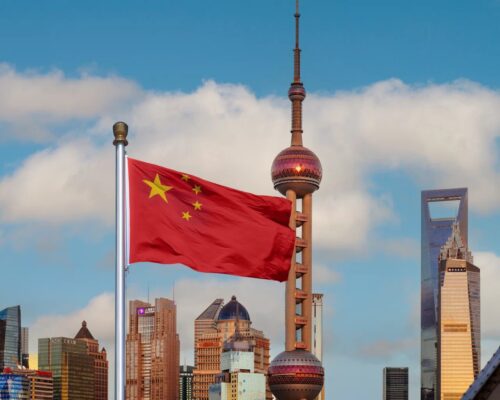
Europe says things that interest Armenia: Expectations and reality
The EU legislative body adopted a resolution, proposing that the possibility of granting Armenia an EU candidate country status be considered.
“If Armenia comes to be interested in getting a candidate status and sticks to the path of sustainable reforms strengthening its democracy, it can become the basis for the stage of transformation of EU-Armenia relations,” the non-binding resolution says. It was passed by 504 votes to four, with 32 abstentions.
Before the adoption of this resolution, Nikol Pashinyan, occupying the Armenian prime minister’s seat, announced that Armenia is ready to get closer to the EU as much as Brussels thinks is possible. Soon after Pashinyan’s statement, Armenian Foreign Minister Ararat Mirzoyan said in an interview to the Turkish TV channel TRT World that Armenia is discussing the possibility of joining the European Union.
Judging by the statements of Nikol Pashinyan and a number of other officials, as well as the latest EU resolution, we can clearly state that the Armenian authorities and the West have entered into some kind of dialogue. Some media outlets note that although the Armenian authorities announce their desire to join the EU, they do not specify whether they are ready to leave the Moscow-led economic and military alliances.
However, what the Armenian government avoids to do, Brussels does not, announcing that it welcomes and encourages Armenia’s efforts to freeze its membership in the CSTO and reduce dependence on the Kremlin. And this is a message meaning that along with deepening relations with Brussels, Yerevan must break ties with the Kremlin and the organizations led by it. But the important thing here is how Armenia can benefit from this. If Yerevan severs its alliance ties with Moscow and withdraws from the international organizations led by it, it will immediately have to face economic and security issues. The multi-million dollar market of the EAEU will be closed to Armenian products. Yerevan will be deprived of cheap imports of grain, fuels and other raw materials, which, as Russia’s ally, used to enter Armenia at relatively affordable prices. After leaving the Moscow-led international organizations, Yerevan will have to try to immediately fill the vacuum created in its economic and security sectors to avoid disastrous consequences. Armenia’s accession to the EU and other important Western organizations — if it comes to that — is going to be a lengthy process. Dimitry Kochenov, head of the working group on the rule of law of Central European University, notes that so far there has been no clear definition of the concept of a “European state”. Therefore, every time, when considering a candidate country, the EU can differently interpret the standards it has established. In other words, the countries wishing to join the organization must try to go through long and complex transformation stages in order to meet certain existing standards. However no one can guarantee that the EU Council will appreciate the candidate country’s efforts. Along with all this, the country needs to have a suitable geographical position to have a direct connection with the EU. Thus, it turns out that Armenia will first have to wait until one of the neighboring countries becomes an EU member, and then go through rather complex preparatory stages without having firm guarantees. This process will last decades. This is evidenced by the experience of states trying to join the EU. While the economic, political and security problems facing Armenia must be addressed now.
A number of pro-Western theorists say that the West will support Armenia on the way to Brussels. They also quote this latest declarative statement of the European Parliament. However, no one gives a clear answer as to how the West is going to help Armenia, considering that the European countries themselves, on account of the confrontation with Russia, have unresolved economic problems. European countries can still somehow recoup their losses. In the case of Armenia, the mentioned processes will have even more serious consequences: job cuts, price increases, and even larger waves of emigration.
Some experts say that Armenia will tackle the fuel issue by getting supplies from Iran. Others believe that when Yerevan opens the “Crossroads of Peace” with Baku, Azerbaijan will become the main supplier of fuel to Armenia. In the first case, it is naive to think that Iran will agree to sell fuel at reasonable prices — if it agrees to sell anything at all — to Yerevan that threw itself into the embrace of the West. In the second case, it turns out that “we are becoming independent from not so good an ally, Russia”, instead becoming dependent upon the real enemy.
The security factor is not of the least importance for Armenia. Now it begins with the acquisition of weapons and ammunition from Russia at cost price, and ends with the protection of the Armenian-Turkish border by the Russian army. No matter how skeptical some theorists may be about the presence of Russian troops along the Armenian-Turkish border, it acts as a deterrent to Ankara. These theorists believe that after opening the “Crossroads of Peace” with Azerbaijan and taking steps toward Europe, the border with Turkey will also be opened and there will be no need for security guarantees from Russia. But, they forget that when Ankara set its sights on the territories of EU member Cyprus, the West did not take active steps to protect the country’s territorial integrity. In fact, now, Turkey has occupied 40% of the territory of Cyprus. What will prevent the same thing from happening to Armenia? One thing is obvious: the physical presence of any world pole along the Armenian-Turkish border is necessary. And now, that presence is ensured by Russia. Talks about all kinds of security guarantees become meaningless without the presence of any pole.
Thus, Armenia is where it is. And instead of engaging in petty political trade and jumping from one political block to another, the current authorities had better deepen the already existing political ties, as well as create new ties with other countries that have permanent interests in the region. Otherwise, after the western countries with short-term interests use Armenia and lose interest in Yerevan, Armenia will not only remain alone in the region, but will also earn the enmity of friendly countries.
Ashot Barekyan


